How Does Allergy Season Affect Your Oral Health?
With the arrival of spring, many of us welcome the warmer weather and blooming flowers. However, for allergy sufferers, this season can bring a host of uncomfortable symptoms, from sneezing and itchy eyes to nasal congestion. What many people may not realize is that allergy season can also significantly impact oral health. Understanding the connection between allergies and dental issues is crucial for maintaining a healthy mouth during these high-pollen months.

